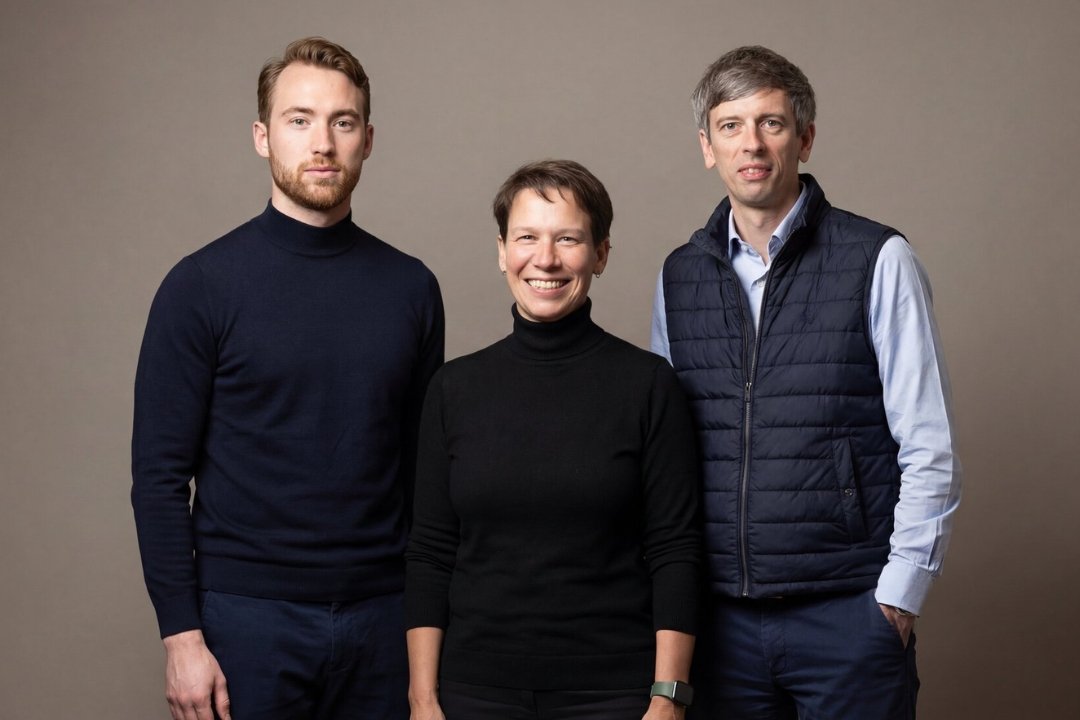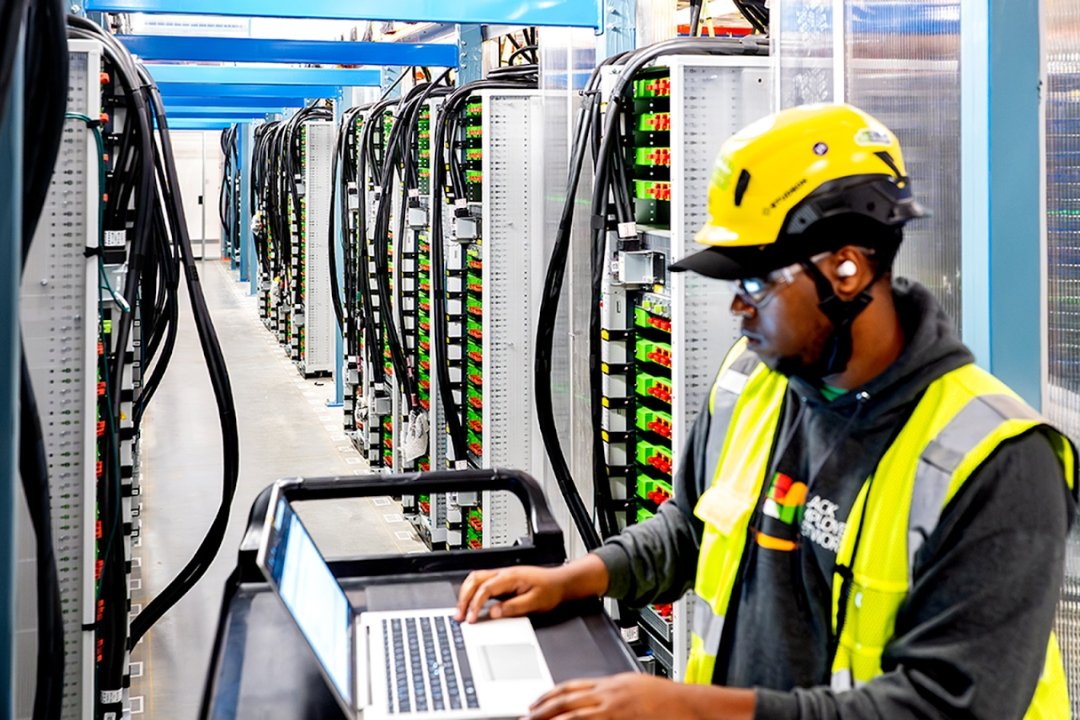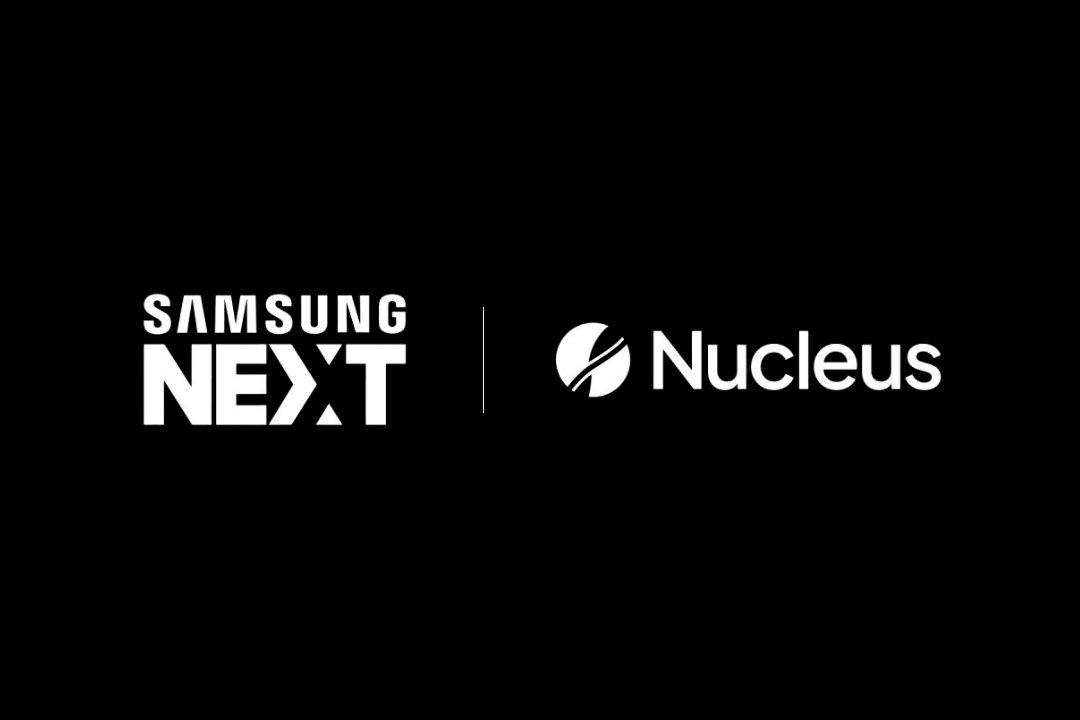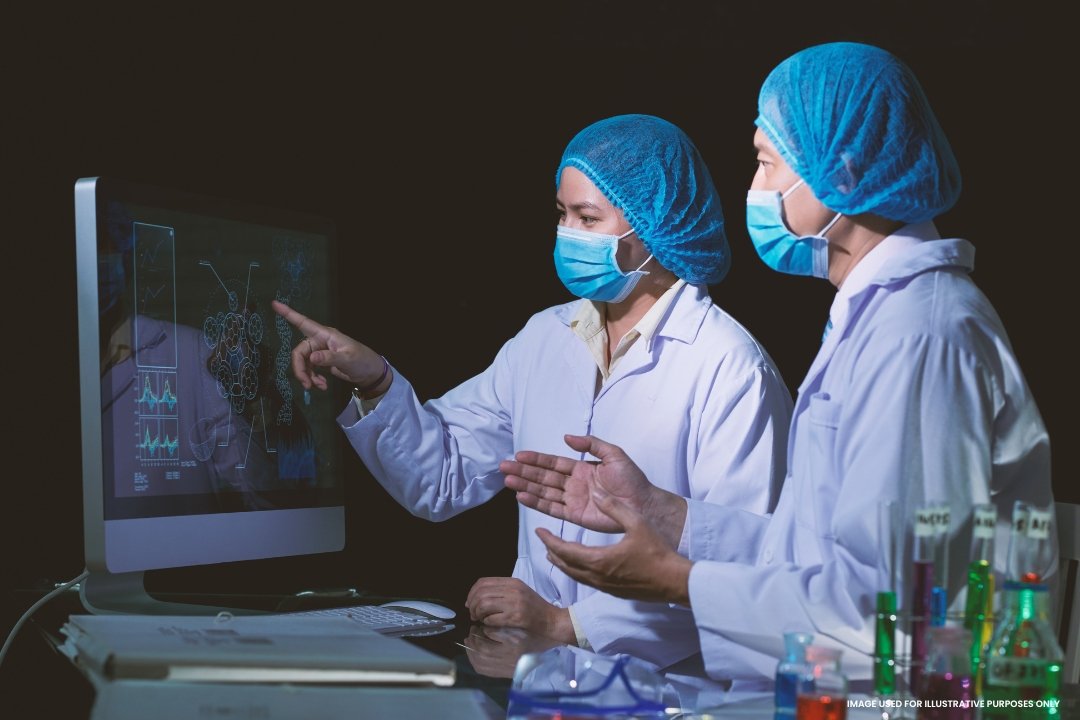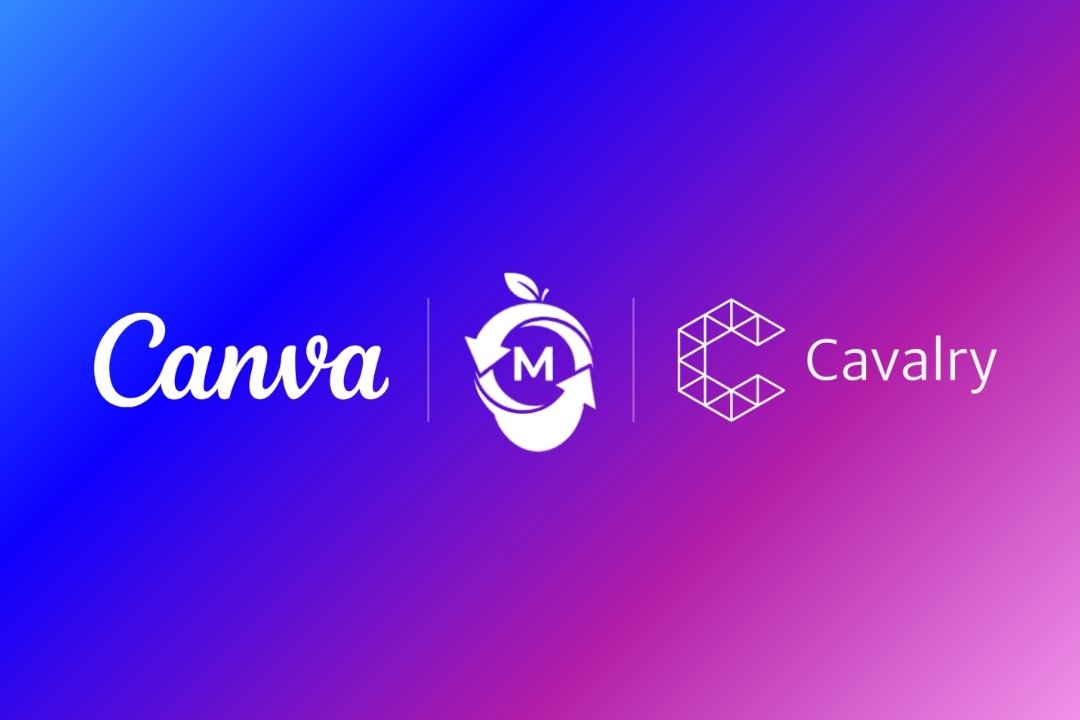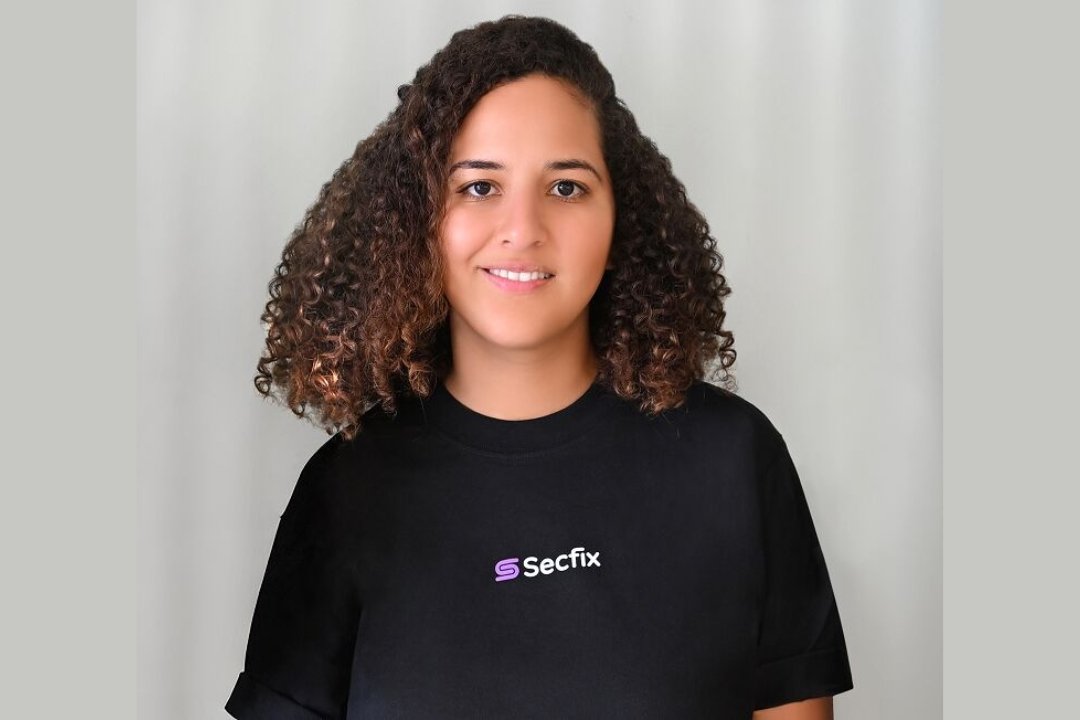The world’s first baby has been born through a fully automated IVF procedure powered by artificial intelligence (AI) and robotics. This revolutionary system, developed by Conceivable Life Sciences, a biotechnology firm based in New York and Guadalajara, automates the entire intracytoplasmic sperm injection (ICSI) process—a critical component of IVF treatments since the 1990s. Normally, this process is performed manually by skilled embryologists and ICSI involves injecting a single sperm cell into an egg. The automated system eliminates human variability, fatigue, and errors by digitally controlling all 23 intricate steps of the procedure through AI or remote operation.
According to a case report published in Reproductive Biomedicine Online, a healthy baby boy was born following treatment at Hope IVF Mexico in Guadalajara, marking the world’s first birth through a fully automated AI-powered IVF procedure. The mother, a 40-year-old woman using donor eggs after a previous unsuccessful IVF attempt, underwent fertilization via the automated system. Out of five eggs treated with AI-assisted intracytoplasmic sperm injection (ICSI), four were successfully fertilized. One of these developed into a high-quality blastocyst, which was frozen, later transferred, and resulted in the successful birth of her child.
This innovative system stands out for its integration of artificial intelligence (AI) to handle not only the sperm injection but also the critical tasks of sperm selection and immobilization. The AI identifies the best sperm cell, uses a laser to immobilize it, and precisely positions it within the injection pipette before delivering it into the egg. These steps were executed with extraordinary precision and consistency, surpassing the capabilities of human operators.
A total of 115 steps were performed to fertilize five eggs, with an average time of just under 10 minutes per egg—slightly longer than traditional intracytoplasmic sperm injection (ICSI) due to its experimental nature. However, future iterations are expected to significantly reduce this time.
Dr. Jacques Cohen, Chief Scientific Officer at Conceivable and a renowned embryology pioneer, highlighted that this groundbreaking technology could alleviate stress for laboratory staff while potentially enhancing egg survival rates and overall IVF success. Dr. Alejandro Chavez-Badiola, co-founder of Conceivable, described the innovation as the first system capable of automating every aspect of the intracytoplasmic sperm injection (ICSI) procedure.
Although the initial results are promising, Conceivable emphasizes the need for further studies to assess the system’s safety and effectiveness on a larger scale. Nevertheless, this milestone signifies a transformative step toward fully automated IVF laboratories, where human oversight remains essential but is complemented by AI and robotics to achieve unparalleled precision and standardization. If proven safe and effective in broader applications, this technology could revolutionize fertility treatment by making assisted reproduction more accessible, consistent, and efficient worldwide.



